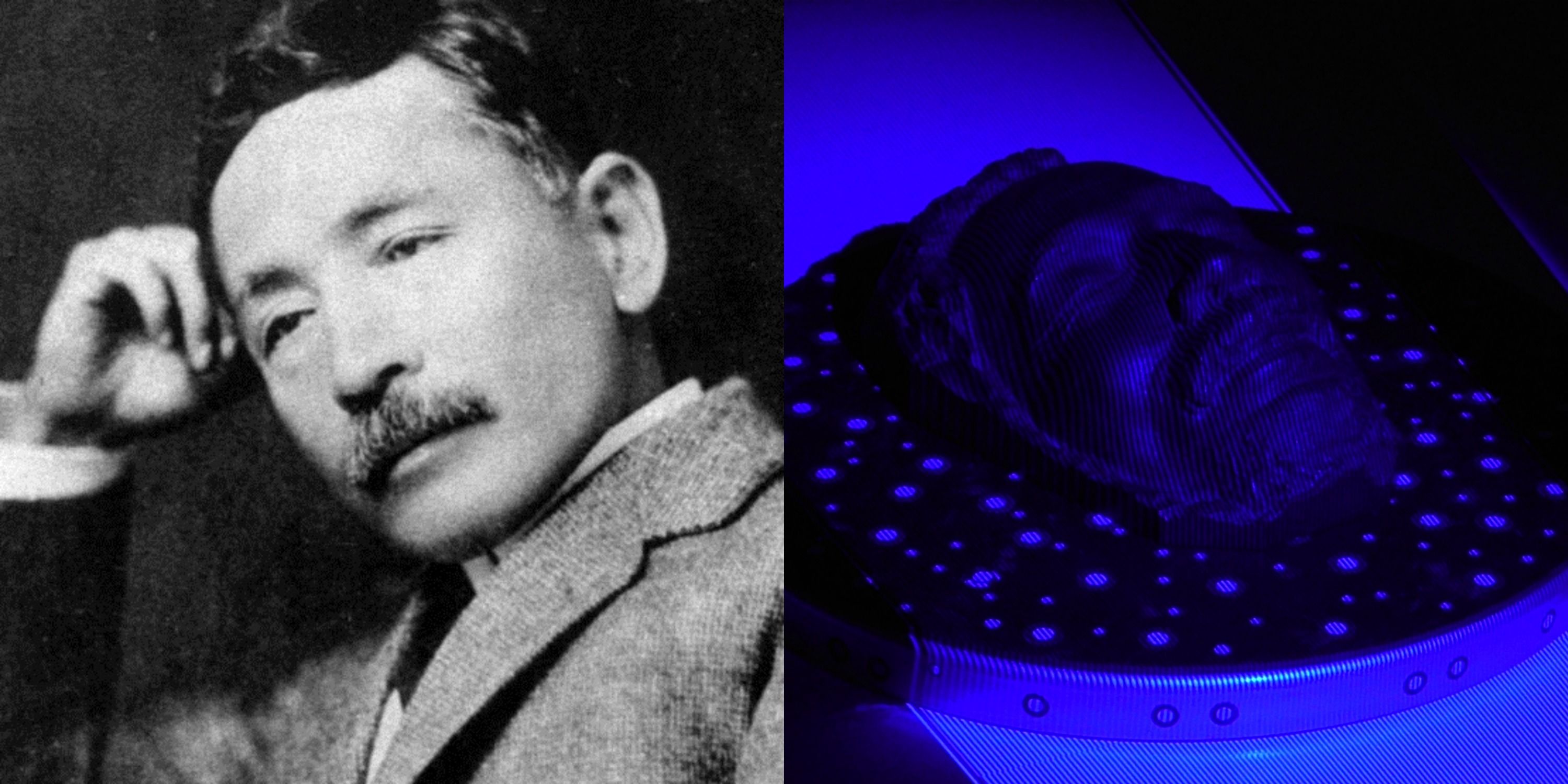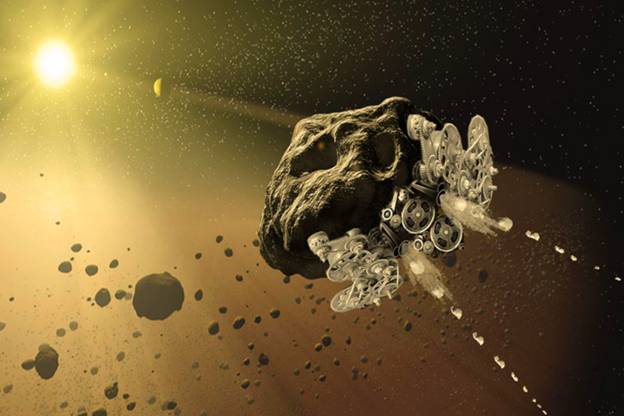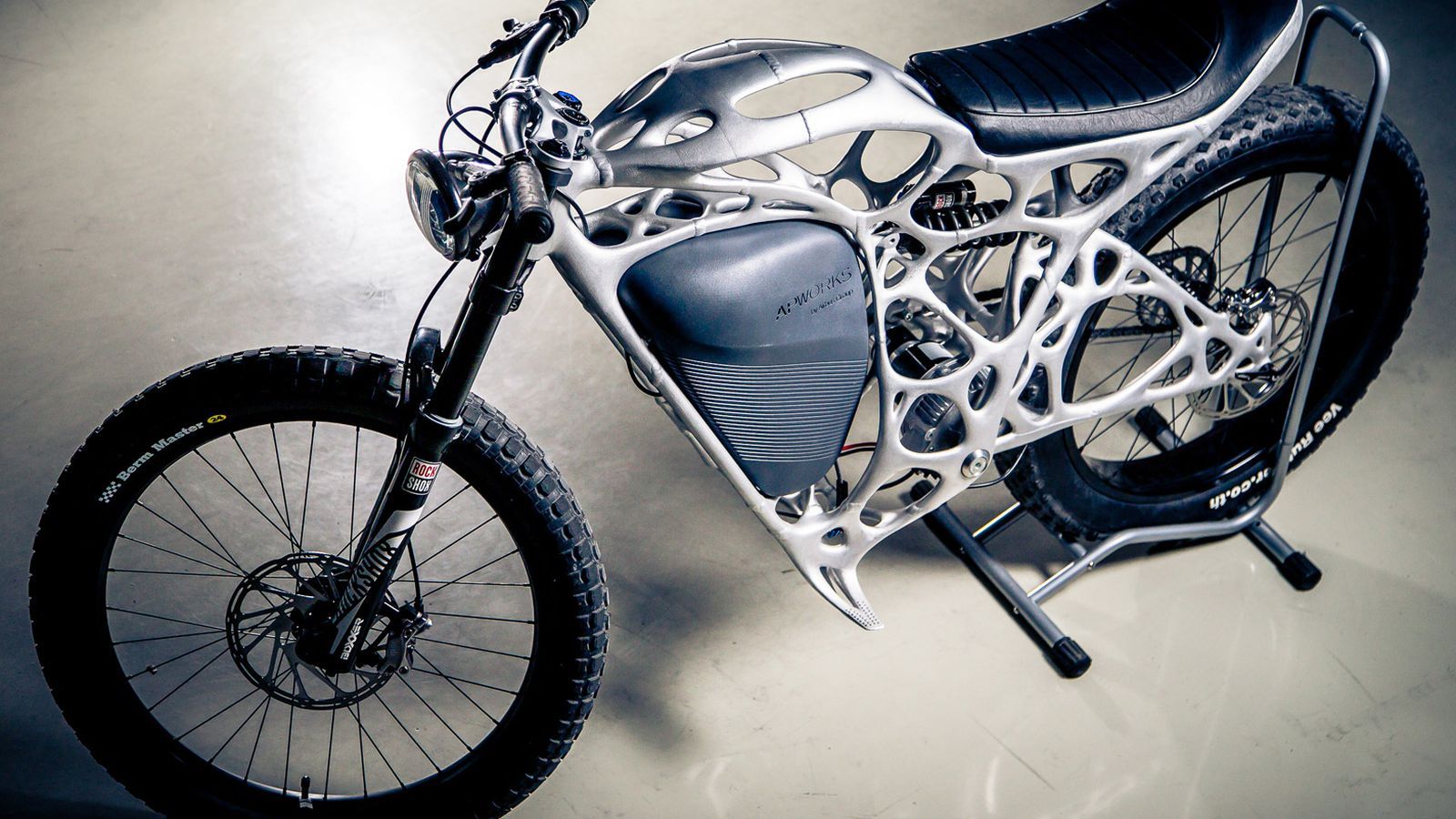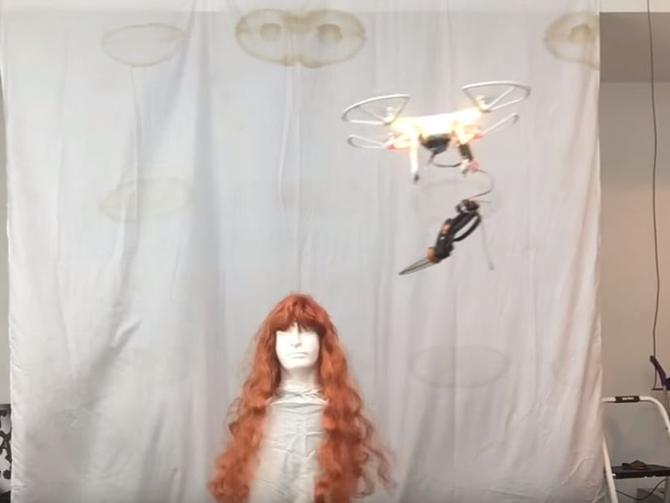Page 11482
UK’s new Guidlines for NanoTech.
The UK Nanosafety Group brings together key experts in the field of nanotechnology and helps to establish links with others working in this rapidly developing field.
Jun 9, 2016
Now Graphene Can Have a Tunable, Stable Bandgap
Posted by Karen Hurst in category: materials
U.S. Naval Research Laboratory (NRL) has improved Graphene’s bandgap.
New doping method makes graphene with low defects, high stability and a tunable bandgap.
Jun 9, 2016
Tungsten trioxide nanostructures for solar energy conversion
Posted by Karen Hurst in categories: nanotechnology, solar power, sustainability
Low-cost, low-dimensional nanoarchitectures provide optimal structures for charge collection in large-scale solar energy harvesting and conversion applications.
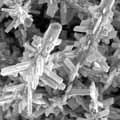
Photoelectrochemical water splitting, where irradiation of a photoelectrode in water produces hydrogen and oxygen, can be used for solar energy harvesting and conversion.1 The process potentially offers a clean, sustainable, and large-scale energy resource. Photoanodes used in the photoelectrochemical process are generally made from Earth-abundant oxide semiconductors, such as titanium dioxide, tungsten trioxide, and iron (III) oxide.2 Among these metal oxide semiconductors, tungsten trioxide is regarded as one of the best candidates because of its visible light-driven photocatalytic activity, its good charge transport properties, and its relative stability in aqueous electrolytes. However, the light absorption and charge collection efficiency of tungsten trioxide—especially within a bulk structure—still needs to be improved to realize practical photoelectrochemical applications.
Continue reading “Tungsten trioxide nanostructures for solar energy conversion” »
Jun 9, 2016
Turning an Asteroid into a Spacecraft with 3D Printing
Posted by Karen Hurst in categories: 3D printing, space travel
Definitely the making of a Wild Ride.
Made In Space has received NASA funding to detail plans for converting asteroids into spacecraft using 3D printing.
Jun 9, 2016
First 3D-printed electric motorcycle looks exactly how it sounds
Posted by Karen Hurst in categories: 3D printing, transportation
I cannot wait to see the sports car.
3D printing has allowed for a motorcycle far lighter than normal.
Jun 9, 2016
Tennessee startup plans to create 3D printed house
Posted by Karen Hurst in categories: 3D printing, habitats, information science, robotics/AI
Wishing them luck.
Tennessee -based Branch Technology has announced it will begin construction of a 3D-printed house in 2017. Designed by Honolulu-based WATG, the project was initiated for the Freeform Home Design Challenge, which asked participants to design for Branch’s Cellular Fabrication (C-Fab) 3D printing technology. The small house designs were required to be between 600 and 800 square feet.
Branch’s C-Fab technology involves 3D printing carbon-fiber-reinforced ABS plastic with a large robotic arm. The resulting formwork can then be covered in more traditional building materials, such as concrete or foam. Instead of the typical completely 3D printed additive technique, C-Fab uses an algorithm to formulate an interior framework for the structure.
Continue reading “Tennessee startup plans to create 3D printed house” »
Jun 9, 2016
Lenovo unveils augmented reality smartphone using Google’s Project Tango
Posted by Karen Hurst in categories: augmented reality, mobile phones
Jun 9, 2016
This is the future: YouTuber uses drone to cut hair
Posted by Karen Hurst in categories: computing, drones, robotics/AI
Who needs a hair artisian anymore while you a have a drone. What’s next? Makeup artists? Lookout Mary Kay.
What about movie/ video crew that’s all drones? The list goes on and on.
A popular robotics vlogger and a computer hacker pair up to give a mannequin a haircut with a drone. Is this the feel-good story of the summer?
Continue reading “This is the future: YouTuber uses drone to cut hair” »
Jun 9, 2016
Navy looking for drones to refuel, update other drones
Posted by Karen Hurst in categories: drones, military, robotics/AI
Drone helping drones.
The Office of Naval Research is looking for other unmanned platforms to provide data transfers and refuel unmanned surface vehicles at sea.
